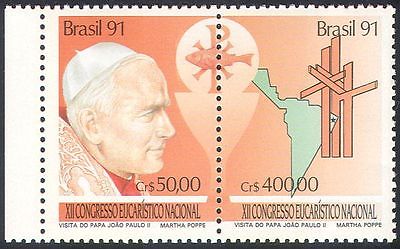Guest post by Jeff Mosenkis of Innovations for Poverty Action.
- Thomas Schelling, the Nobel laureate known for his work applying game theory to strategy died this week. Obituary in the New York Times. When he got the prize in 2005, Tyler Cowen listed these six major areas to which he contributed (even more from Cowen here).
- One of my new favorite podcasts is “Tell Me Something I Don’t Know” from the New York Times and Stephen Dubner. A panel of smart people (often a mix of academics, writers, and comedians) judge a (prescreened) audience of smart people who come prepared with an interesting fact. Mostly though, it’s a fun time listening to smart funny people be surprised and learn new things. (iTunes)
- Another really good podcast was Cowen’s interview with Harvard anthropologist Joseph Henrich who has tested predictions of psychology and economics in small-scale societies around the world (spoiler alert, Americans are different from everybody). His larger current work is on how societies evolve over time. He talks about how cultural factors like developing the ability to offload information from memory into writing affect our biology and change the shape of history. Keep listening for the Q & A at the end for more anthropologist’s view of the tribe known as economists (episode 16 on iTunes).
- The World Bank pledged $75 Billion to helping poor countries, and will raise a third of it through bond markets and private debt to make it less dependent on government backers such as the U.S. The bank says it will also start investing directly in private infrastructure projects rather than financing country loans. (h/t Justin Sandefur.)
- U.S. climate scientists are rushing to copy their data before the new administration comes in.
- Heckman and colleagues report on a 35-year follow-up of two randomized intensive birth-to-5 y.o. programs that were randomized in the 70’s. The programs were expensive (including education, nutrition, and healthcare), but they estimate large returns, with every dollar invested yielding $6.50 in benefit. Heckman’s summary, Washington Post (h/t Shoshana Griffith).
- When the Pope comes to town, do birth rates change? Bassi & Rasul found there happened to be a survey in the field in 1991 Brazil. The data was collected before, during, and after the visit of Pope John Paul II, who had a strong anti-contraception message:
We use this fortuitous timing to identify that persuasion significantly reduced individual intentions to contracept by more than 40% relative to pre-visit levels, and increased the frequency of unprotected sex by 26%. … we find a significant change in births nine months post-visit, corresponding to a 1.6% increase in the aggregate birth cohort. Our final set of results examine the very long run impact of persuasion and document the impacts to be on the timing of births rather than on total fertility.
- And, if you’ve enjoyed these past 91 weeks of links and are going to be shopping on Amazon, start with this link and a portion will go to Innovations for Poverty Action, who’s been gracious enough to let me spend the time doing it:
- http://smile.amazon.com/ch/06-1660068
- (the Chrome Extension Smile Always will redirect you from regular Amazon to the donation version in the future. h/t Andrew Brudevold)



3 Responses
When the Pope comes to town, do birth rates change? Bassi & Rasul found there happened to be a survey in the field in 1991 Brazil. The data was collected before, during, and after the visit of Pope John Paul II, who had a strong anti-contraception message:
golu dolls
golu dolls
http://cph5.review cheap medications from canada
f http://pharmacycanada.review online pharmacy reviews http://online-pharmacy.review viagra online pharmacy http://canadapharmacy.men canada pharmacy online canada pharmacies